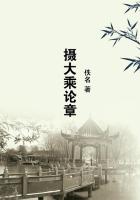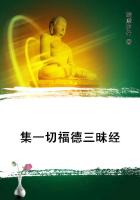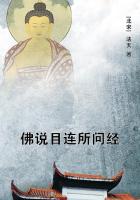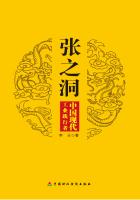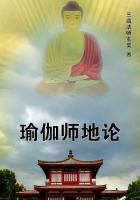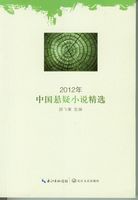45. Thus labour, in the beginning, gave a right of property, wherever any one was pleased to employ it, upon what was common, which remained a long while, the far greater part, and is yet more than mankind makes use of Men at first, for the most part, contented themselves with what unassisted Nature offered to their necessities; and though afterwards, in some parts of the world, where the increase of people and stock, with the use of money, had made land scarce, and so of some value, the several communities settled the bounds of their distinct territories, and, by laws, within themselves, regulated the properties of the private men of their society, and so, by compact and agreement, settled the property which labour and industry began. And the leagues that have been made between several states and kingdoms, either expressly or tacitly disowning all claim and right to the land in the other's possession, have, by common consent, given up their pretences to their natural common right, which originally they had to those countries; and so have, by positive agreement, settled a property amongst themselves, in distinct parts of the world; yet there are still great tracts of ground to be found, which the inhabitants thereof, not having joined with the rest of mankind in the consent of the use of their common money, lie waste, and are more than the people who dwell on it, do, or can make use of, and so still lie in common; though this can scarce happen amongst that part of mankind that have consented to the use of money.
46. The greatest part of things really useful to the life of man, and such as the necessity of subsisting made the first commoners of the world look after- as it doth the Americans now- are generally things of short duration, such as- if they are not consumed by use-will decay and perish of themselves. Gold, silver, and diamonds are things that fancy or agreement hath put the value on, more than real use and the necessary support of life. Now of those good things which Nature hath provided in common, every one hath a right (as hath been said) to as much as he could use; and had a property in all he could effect with his labour; all that his industry could extend to, to alter from the state Nature had put it in, was his. He that gathered a hundred bushels of acorns or apples had thereby a property in them; they were his goods as soon as gathered. He was only to look that he used them before they spoiled, else he took more than his share, and robbed others. And, indeed, it was a foolish thing, as well as dishonest, to hoard up more than he could make use of If he gave away a part to anybody else, so that it perished not uselessly in his possession, these he also made use of And if he also bartered away plums that would have rotted in a week, for nuts that would last good for his eating a whole year, he did no injury; he wasted not the common stock; destroyed no part of the portion of goods that belonged to others, so long as nothing perished uselessly in his hands. Again, if he would give his nuts for a piece of metal, pleased with its colour, or exchange his sheep for shells, or wool for a sparkling pebble or a diamond, and keep those by him all his life, he invaded not the right of others; he might heap up as much of these durable things as he pleased; the exceeding of the bounds of his just property not lying in the largeness of his possession, but the perishing of anything uselessly in it.

